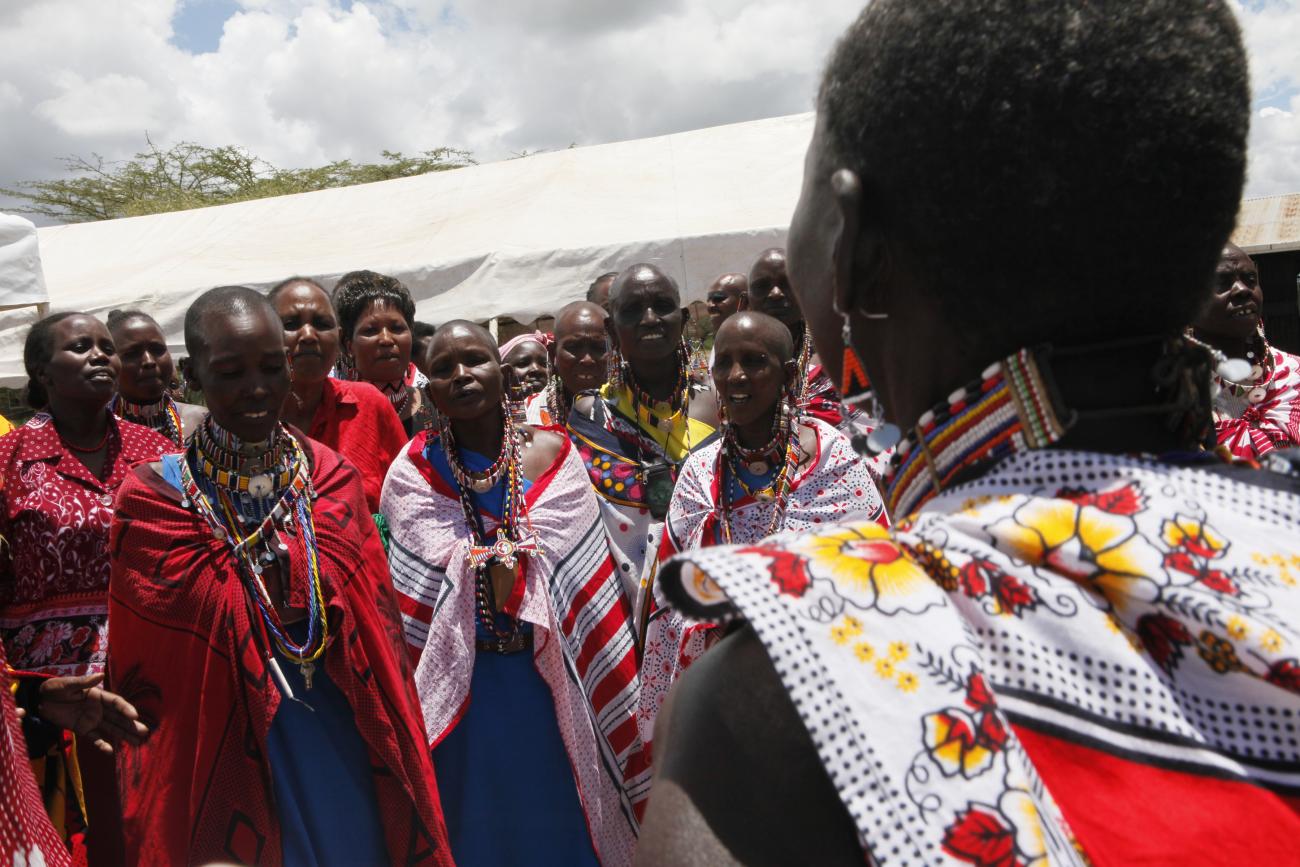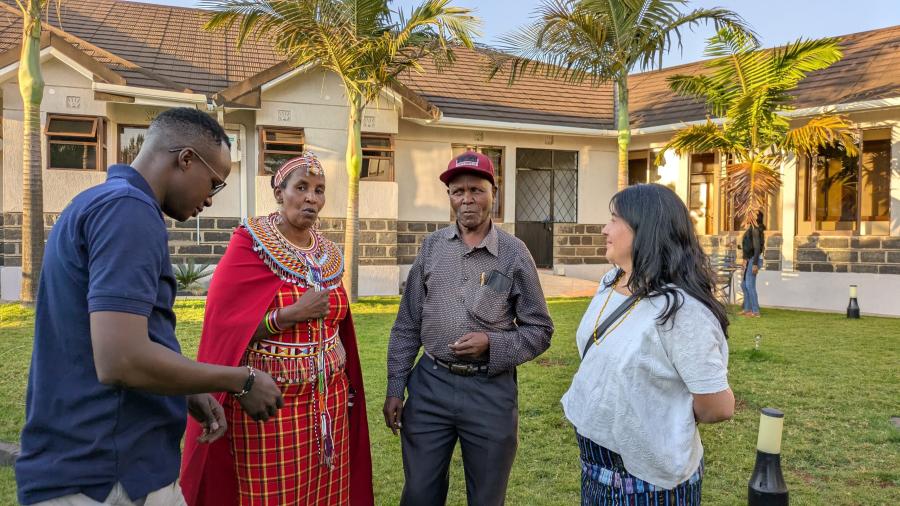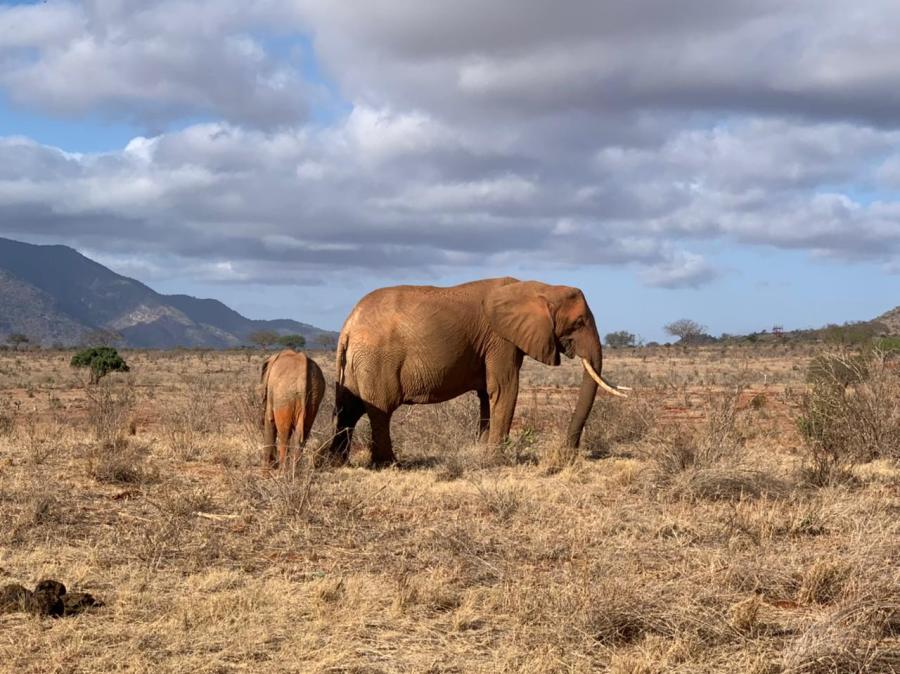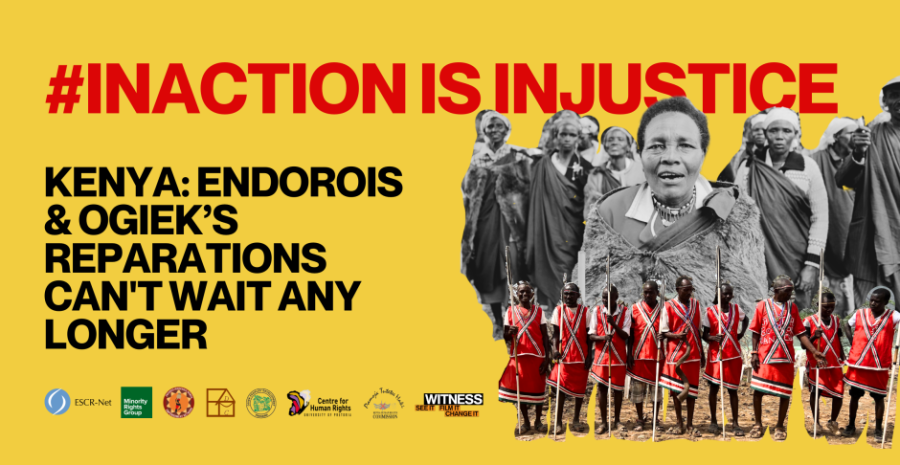
By Ben Ole Koissaba
Land is an emotive issue in Kenya and has been associated with the many tribal clashes that have led to loss of life, destruction of property and displacement of thousands of people. The post- independence Kenya Government has had a dark history among the Indigenous Maasai people. The enactment of laws and legislations that ignored traditional land right and land use practices have taken advantage of the high illiteracy levels of the Maasai, corruption and greed for land by government officials with blessing from state offices has contributed to wanton, grabbing, alienation and dispossession. The laws and policies on the MAA people’s land in Kenya have been extremely devastating and exploitative. They are not sympathetic to the plight of the Maasai people. The policies are not sensitive to the livestock or the pastoralist lifestyle. There has been a deliberate misconception of the pastoralism and livestock socio – economic lifestyle which has been viewed as being primitive and unproductive. The introduction of Group Ranches and private ownership of community land has not only been used as a mechanism to use officialdom to alienate Maasai land but it has resulted in creating a whole community of landless women, children and other vulnerable members of the community.
A phenomenon that has clearly pushed for the dispossession is the subdivision of Group Ranches in Kajiado and Narok Counties which has not only led to illegal allocation of non- deserving non-indigenous communities, but has introduced a discriminatory system where corrupt group leaders have been used by government officials to sell community land. Starting from Illodo-Ariak, Ilkesumeti and Mosiro Group Ranches in the late 1980s to late 1990s, where vast tracks of land was illegally alienated from the Maasai and allocated to senior government officials, the forceful evictions in Eland Dawns in Laikipia, the most recent forceful evictions in Narasha, the pending land related disputes in Kamorora, Shompole, Namuncha, Mau, and the Kitengela Export Processing zone which was annexed from Kajiado without Free, Prior and Informed Consent of the Maasai are potent areas for ethnic clashes in the near future.
The government of Kenya seems to have adopted a "don’t see evil, don’t hear evil and even don’t talk evil" attitude, and the events of the past that precipitated tribal clashes is evident in what is currently happening at Elangata Wuas Group Ranch in Kajiado County. The Residents of Elang’ata Wuas group petitioned the National Land Commission over fraudulent land transactions. The petition has documented deep state supported corruption where group ranch officials are giving out land to non-registered members and fraudulently allocating land to themselves and family members, and the local lands office with the knowledge of senior government officials legalize such transactions by issuing Title Deeds. The reports also accuse the officials of selling public land to outsiders as well as doubling as land brokers – a process that’s giving investors unfair advantage over the poor and ill-informed landowners in the area. The officials are said to have made double allocations to themselves and are making a killing by selling the land to investors. The process has contributed to dispossession of the poor, widows and disabled who have either been excluded from land ownership or pushed to the periphery. Elang’ata Wuas group ranch was dissolved by members in 1990s and the process of subdividing and allocating members individual parcels of land has been doing on for several years. An elected committee is in charge of this process.
This process of land subdivision has not only been marred by illegal alienation, acquisition and sale of individual and public land, land extortion, forceful relocation and disinheritance, said the letter to the National Land Commission, but it goes contrary to all laws of natural justices, the constitution and all International legal statutes on human rights. These malpractices besides being illegal have a profound long lasting and disproportionate impact on vulnerable groups of our community such as the poor, women, widows, orphans and persons with disabilities. The documents also told the National Land Commission that the community’s attempts to seek redress at the county level have failed to bear fruit. The role of government’s institutions at the county lever have significantly perpetrated these land injustices by failing to honestly and adequately address them on a number of occasions, and in according to the law. The residents are recommending that a thorough audit of Elang’ata Wuas land subdivision be carried out and all land sales in the area be stopped.
Going by past events, the Maasai have a herculean task in seeking redress given that due to high handedness responses by government and use of brute force, and the legal processes which itself is corrupt. The government has in the past responded by using the police to kill, maim and arrest the Maasai whenever they challenged such government supported land allocation processes. Secondly, the current government which came to power after a highly charged and disputed election has not shown any resolve to support the National Land Commission given the fact that not only were their plans curtailed by meager allocation of finances, but there is a plan to place it under a government department contrary to the constitutional provisions that entrench its independence. The other body that might be of help to the Maasai is the Ethics and Anti-Corruption Commission which is also a constitutional body created to fight corruption but has been bogged down by political intrigues that have seen it deliver as expected.
From the on goings at Elangata Wuas Group Ranch and the hundreds of other land related cases the Maasai have filed in courts, the situation is a recipe for potential classes of higher magnitudes than any other that Kenya may have experienced in the past.
--Ben Ole Koissaba is a PhD Student in Institute on Family and Neighborhood Life at Clemson University and Founder Chair Maa Civil Society Forum in Kenya.



